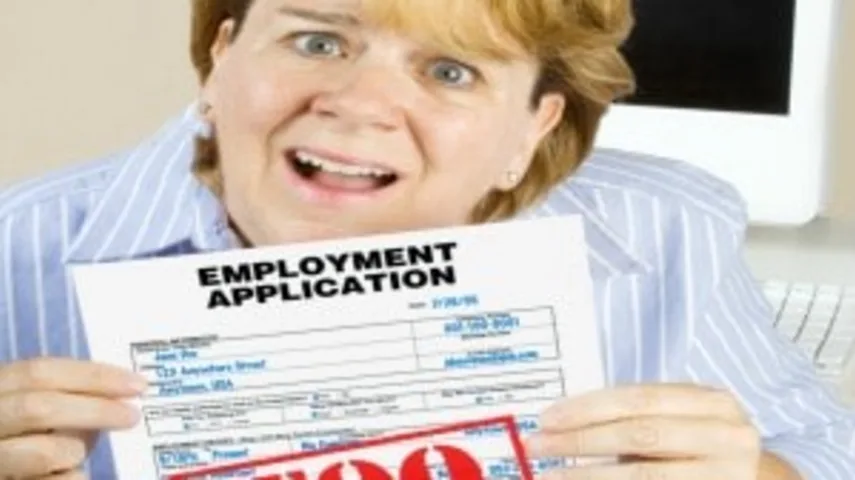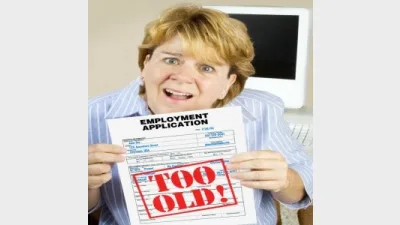Age bias rampant in finance hiring



Three quarters of those aged over 50 felt they had encountered age discrimination in the finance sector even as age discrimination cost the Australian economy over $48 billion a year, research showed.
A survey of 476 hiring managers across accounting, banking and finance, insurance, and wealth management by specialist financial recruitment firm, Marks Sattin found age discrimination was twice as prevalent as gender discrimination in Victoria and New South Wales, with one in four saying they had faced age discrimination.
Older workers were perceived as "resistant to change" (67 per cent), and "slow to learn" (37 per cent).
Marks Sattins director, Ieuan Williams, said there discussions around gender discrimination were increasing, but age discrimination was flying under the radar.
"It is the white elephant in the room. The result is a substantial number of mature candidates who are unable to get jobs, despite immense qualifications and experience. Australia needs to eradicate the stereotypes and adopt a pro-mature workforce culture," Williams said.
The recruitment firm pointed to the fact that there will be over 40,000 people aged over 100 by 2055, which means a large section of the population over 50 would still be working.
Currently, around 26 per cent of employees are aged between 45 and 65.
This figure spiked among those over 50, with 77 per cent reporting they faced age discrimination.
Marks Sattin also found 39 per cent of hiring managers thought not enough was being done to remove unconscious bias from the interview process.
"If there are only younger managers on the hiring panels, what chances does an older employee have in being hired?" it asked.
Recommended for you
Unregistered managed investment scheme operator Chris Marco has been sentenced after being found guilty of 43 fraud charges, receiving the highest sentence imposed by an Australian court regarding an ASIC criminal investigation.
ASIC has cancelled the AFSL of Sydney-based Arrumar Private after it failed to comply with the conditions of its licence.
Two investment advisory research houses have announced a merger to form a combined entity under the name Delta Portfolios.
The top five licensees are demonstrating a “strong recovery” from losses in the first half of the year, and the gap is narrowing between their respective adviser numbers.












